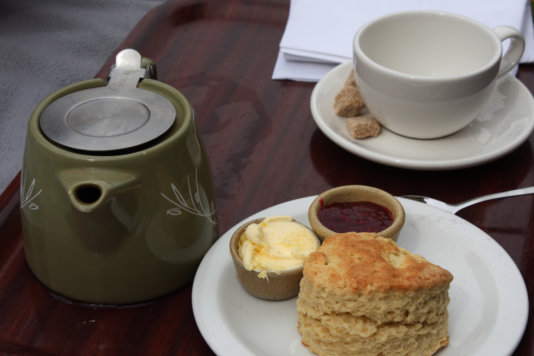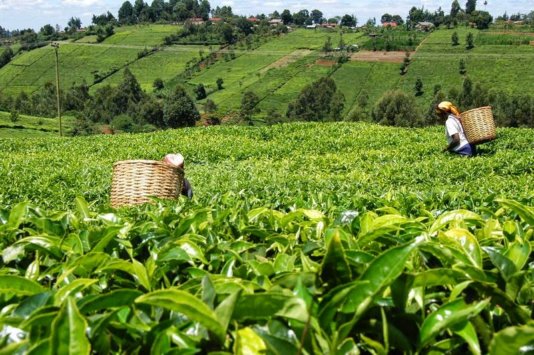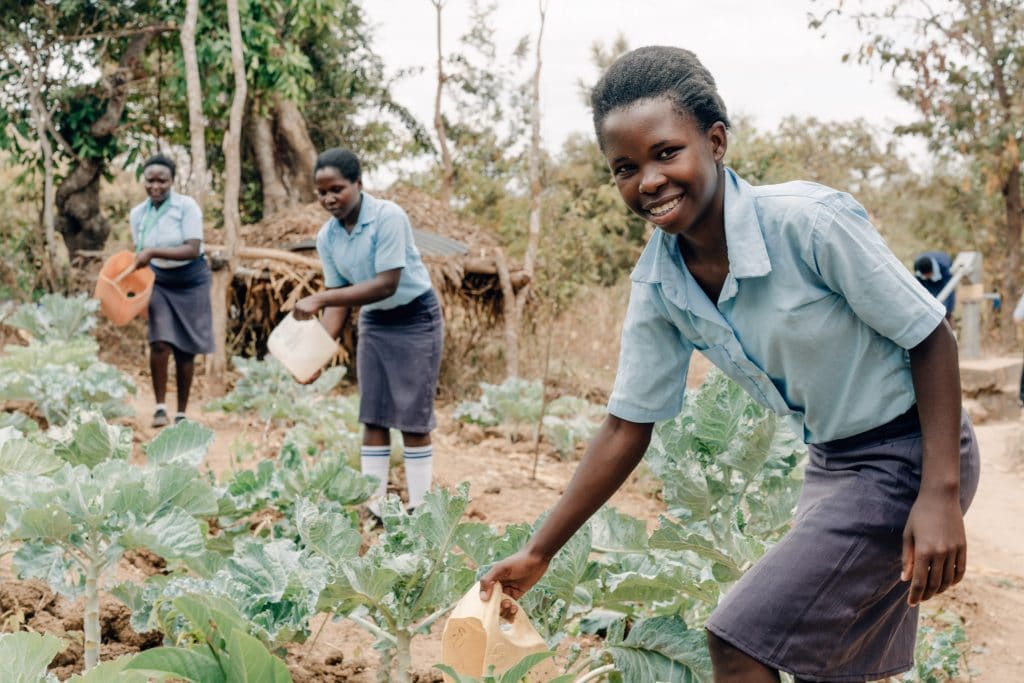- About
- Topics
- Story
- In-Depth
- Picks
- Opinion
- News
- Donate
- Signup for our newsletterOur Editors' Best Picks.Send
Read, Debate: Engage.
| August 28, 2017 | |
|---|---|
| topic: | Economic Inclusion |
| tags: | #tea sector, #East African Tea Trade Association (EATTA), #Mombasa, #Nairobi Securities Exchange (NSE) |
| located: | Kenya, United Kingdom |
| by: | Federica Tedeschi |
Data disclosed by the UK Tea & Infusions Association reveal that the UK inhabitants drink a whopping 165 million cups daily.
Where does the refreshing content of so many tea bags and loose tea packs come from?
Although the use of this much-loved drink spread from its Asian homeland reaching Europe in the sixteenth century (and more specifically England a few decades later), most of the tea currently consumed in the UK comes from an auction in the coastal city of Mombasa in Kenya. Almost 47 million kilograms of this product reached England last year, at a total cost of over £2.7 million.
The African country, which is the third-largest producer of tea in the world and the main exporter of black tea, is also home to the East African Tea Trade Association (EATTA), a voluntary membership organisation established in 1957 to bring together tea producers, buyers, brokers, packers and warehousemen. EATTA aims to ensure the orderly sale of tea and the centralisation of its trade in East Africa, promoting close industrial relations in the field and facilitating the settlement of dispute within the trade itself.
“Tea has been one of the key commodities that has kept the economies of the East African regions running soundly in the contexts of foreign exchange and employment. It has also been improving the standard of living of the farmers and the business people across the value chain”, according to EATTA managing director Edward Mudibo.
The Mombasa market, which is dominated by a few large buyers, is very competitive with some clients changing hands for just a few cents difference in price. The auctioneer’s duty is therefore to meet his clients’ requirements as efficiently and as advantageously as possible, or risk losing them to more competitive sellers.
The 2014 public outcry over low prices caused by the excess of supply over demand for tea is currently over. In fact, “prices of tea are kept stable at an average of $2.10 for each pallet”, confirmed Mr. Mudibo.
On the contrary, the whole process of tea production can hide several difficulties affecting the tea farmers.
Thousands of East Arica tea pickers have gone on strike since 2010 to protest the use of tea plucking machines and the employment of new people to use such machinery; this is only the tip of the iceberg.
EATTA has been working hard alongside its partner Trademark East Africa (TMEA) to ensure gains from the tea trade results in tangible gains for East Africans, while fighting to guarantee farmers their rightful treatment.
Last year the association was delighted to announce the removal of the 1 per cent tea ad valorem levy after having appealed to the Government four years before. Soon after the respite offered by that move, however, tea farmers had to face the negative consequences of the freshly reintroduced income tax.
Other important measures to put in place regard the VAT of locally consumed tea in Kenya.
The theme of EATTA’s third African Tea Convention and Exhibition (ATCE) event held in Nairobi last May was ‘Sustainable tea farming- an inspiring future for nature, health and rewarding livelihoods’. Fluctuating tea prices along with climate change effects and political instability in key markets have been defined the main causes of tea producers’ uncertainty over their future.
An answer to these problems could be the futures contracts, which the Nairobi Securities Exchange (NSE) is keen on introducing in the tea market, starting from Kenya.
These contracts for assets bought at agreed prices but delivered and paid for later, would allow sellers or buyers to hedge against risk.
While Kenya must improve its competitiveness in the world of tea to take care of its inhabitants, the whole African tea sector needs to collaborate to overcome today’s challenges and be ready to face future hurdles.
By copying the embed code below, you agree to adhere to our republishing guidelines.



